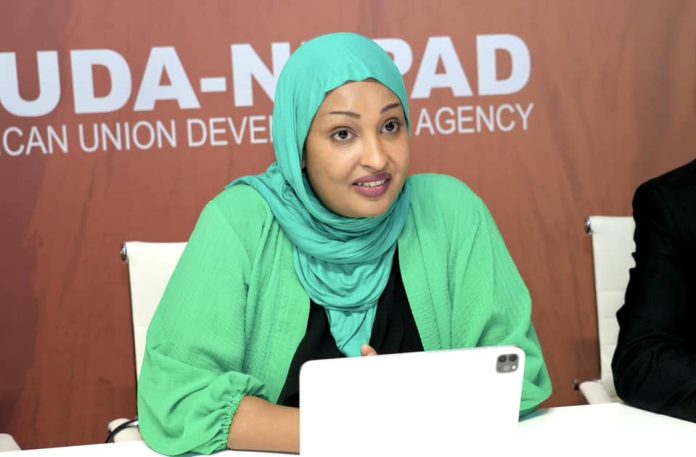MOGADISHU (KAAB TV) – Somalia has officially declared a ban on single-use plastics, joining the growing global campaign against non-biodegradable packaging materials to combat the adverse impacts of climate change.
The announcement, made by Khadija Mohamed Al-Makhzoumi, Minister for Environment and Climate Change in the Federal Government of Somalia, positions the country alongside East African peers in embracing this environmentally conscious initiative.
The minister, Khadija Mohamed Al-Makhzoumi, outlined the decision, stating, “All businesspeople engaged in bag importation, manufacturers, retailers, and commercial establishments within the country are hereby notified that as of June 30, 2024, the importation and use of single-use bags shall be prohibited.”
A decree issued on Thursday set the official deadline for the cessation of single-use plastics in Somalia as June 30, 2024, allowing a grace period of five months for importers and users to make necessary adjustments.
During this time, the country intends to work collaboratively with stakeholders to explore and identify environmentally friendly alternatives to plastic bags.
Somalia’s move aligns with the proactive efforts of other East African Community (EAC) member states, such as Kenya and Rwanda, which have already implemented complete bans on single-use plastics.
While Uganda and Tanzania have also technically banned these plastics, they face challenges in enforcing the ban and preventing smuggling across their borders.
Minister Al-Makhzoumi emphasized that the decision is part of Somalia’s local initiatives to “proactively address environmental challenges.”
The ban encompasses the production, importation, trading, and distribution of single-use plastics, effective from the stipulated date.
Acknowledging the potential harm posed by plastics, a study by the Geneva Environmental Network has highlighted the presence of toxic chemical additives and pollutants in plastics, posing threats to human health.
Health effects include the potential to cause cancer or disrupt hormones, impacting reproductive health, growth, and cognitive functions.
Somalia’s economy, heavily reliant on natural resources and climate-sensitive sectors like agriculture, livestock, water, and forestry, faces severe threats from climate change.
The UN Environmental Programme highlights that land degradation, intricately connected to desertification, drought, and unsustainable livestock and agricultural practices, emerges as a critical environmental concern in Somalia.


